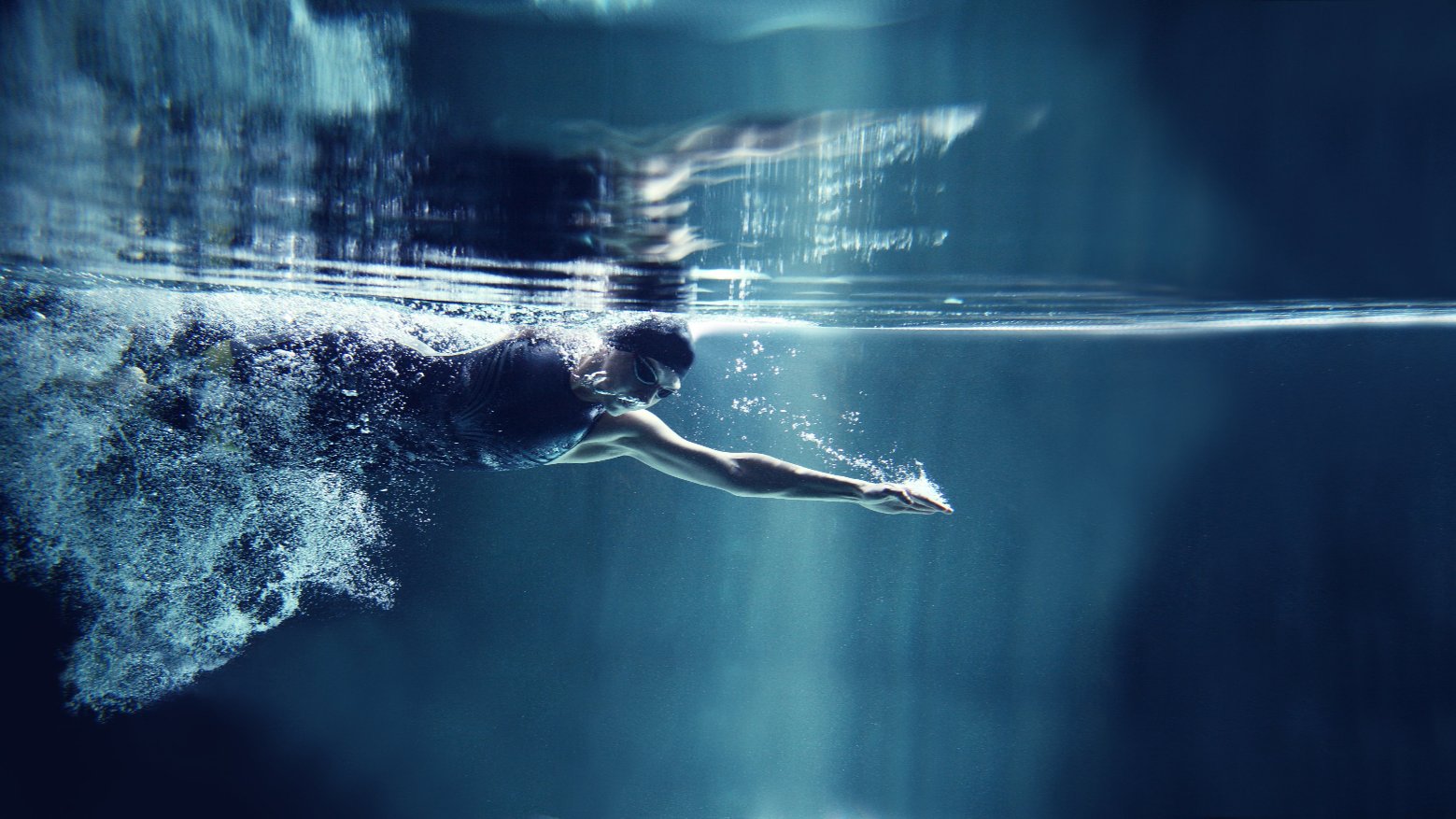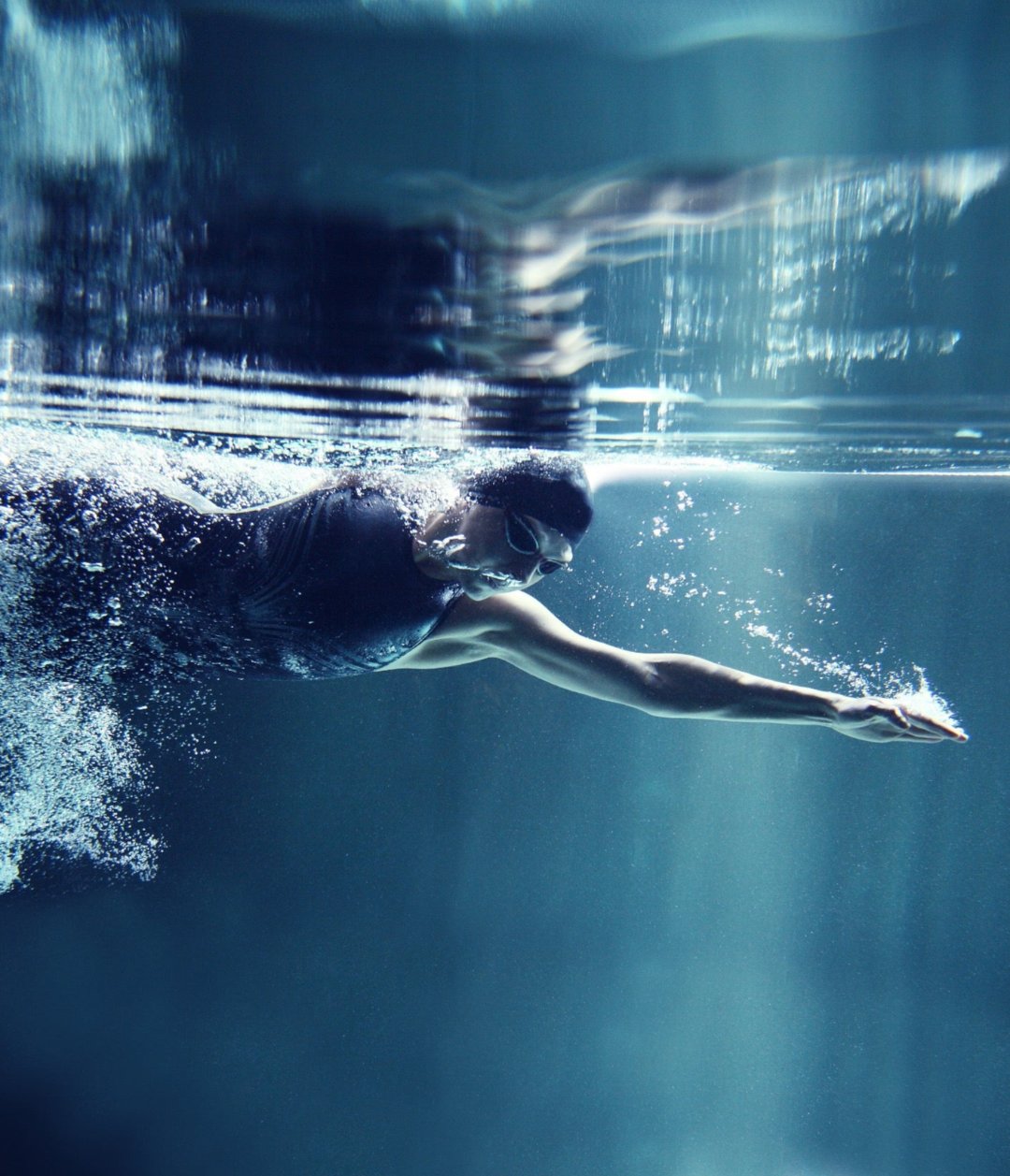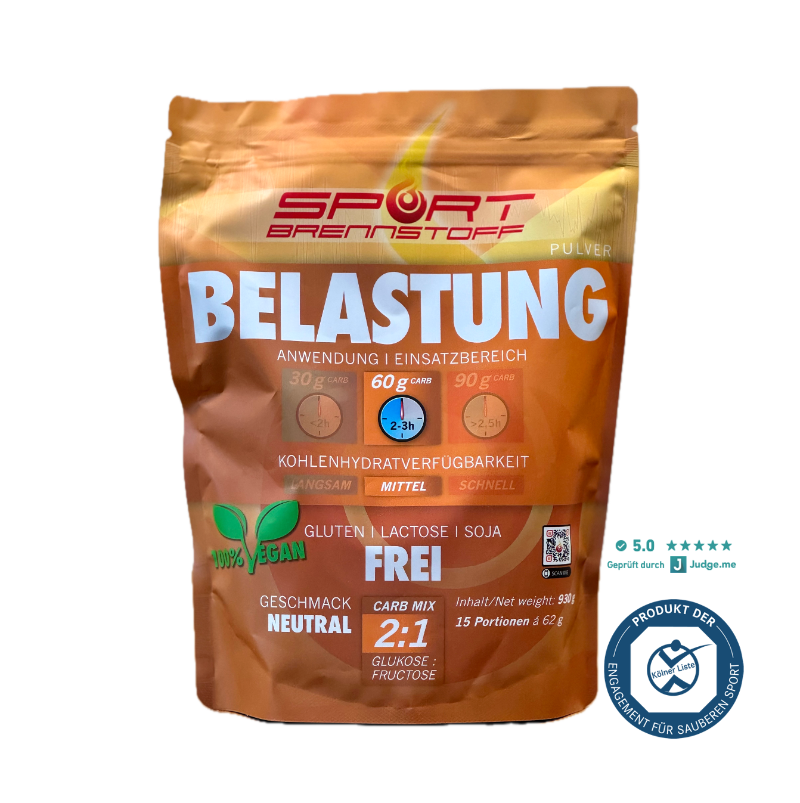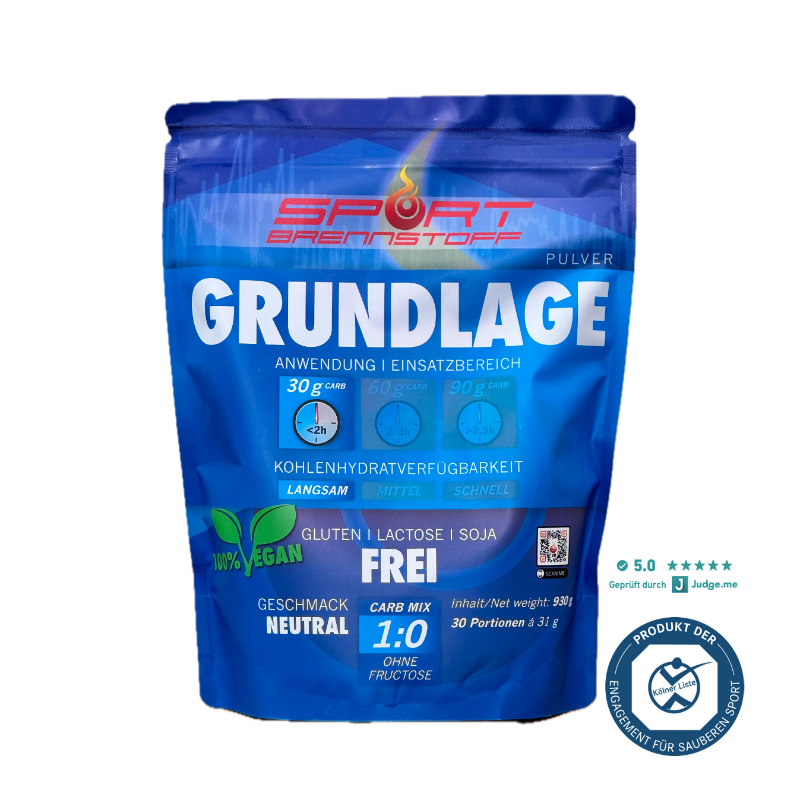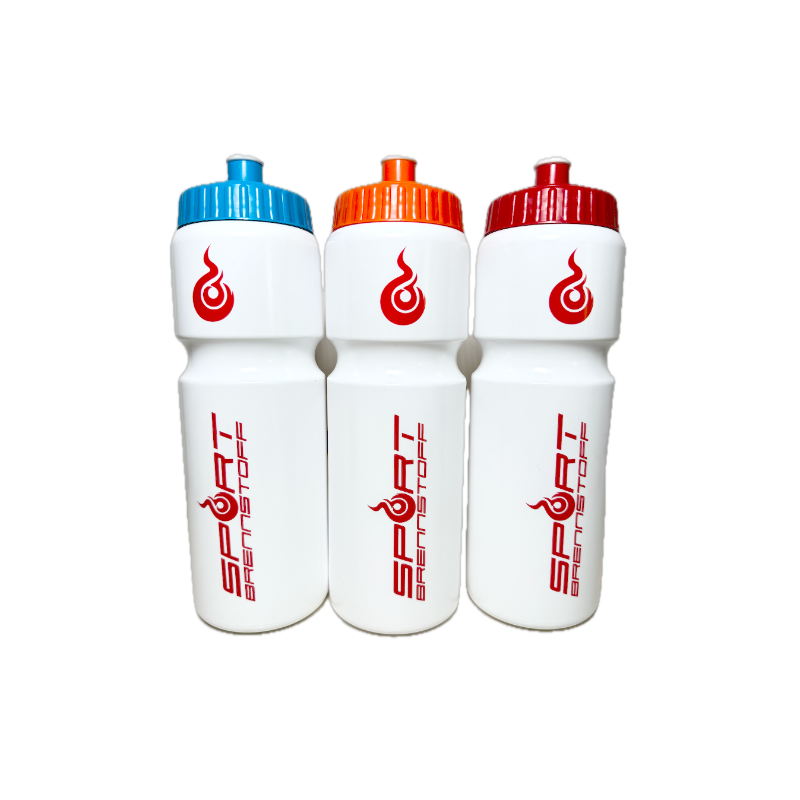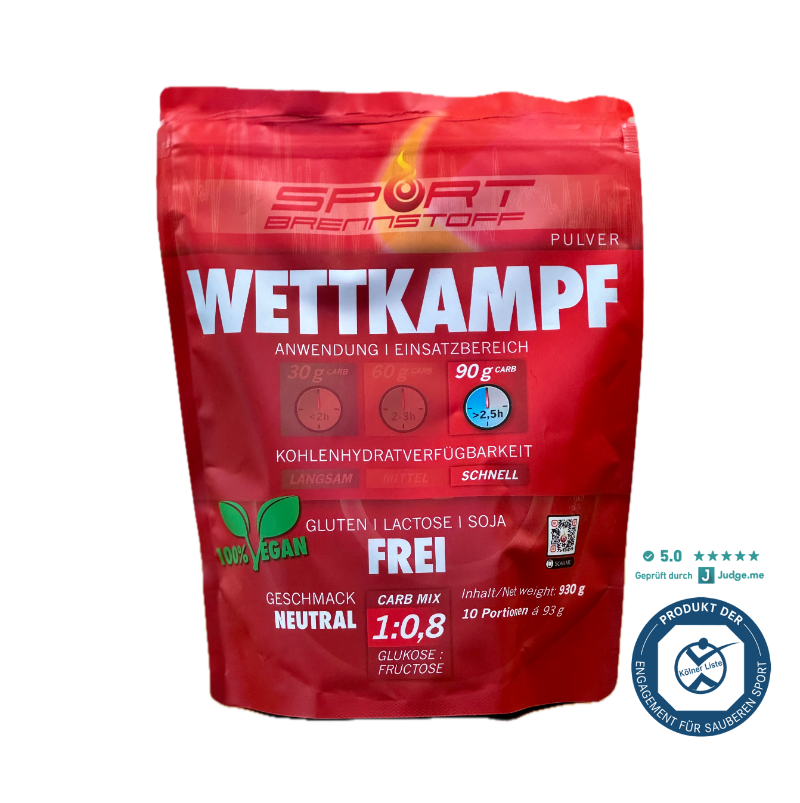Hallo,ich kann nur positives schreiben. Ich nutze das Produkt bei jeder Trainingseinheit.Was mir positiv aufgefallen ist , keine Magenprobleme,perfekter Geschmack.Der Wechsel für mich persönlich hat sich gelohnt!:-)
Intervalltraining geht deutlich besser und länger mit Sportbrennstoff Belastung. Dadurch komme ich auch mit längeren Belastungen wirklich gut zurecht.
Total schnell verfügbare Energie! Innerhalb kürzester Zeit steht die Energie zur Verfügung und hilft bei maximaler Ausbelastung. Verrückt, wie schnell das geht. Ich komme auf dem Rad auch sehr gut mit mehr als 90g KH zurecht.
Bisher bin ich immer zwischen Nüchterntraining und Glukose hin und her gesprungen. Das Produkt GRUNDLAGE hat mich wirklich überzeugt. Ich verwende kein Nüchterntraining mehr und kann trotzdem spürbar meinen Fettstoffwechsel verbessern. Sehr empfehlenswert.

